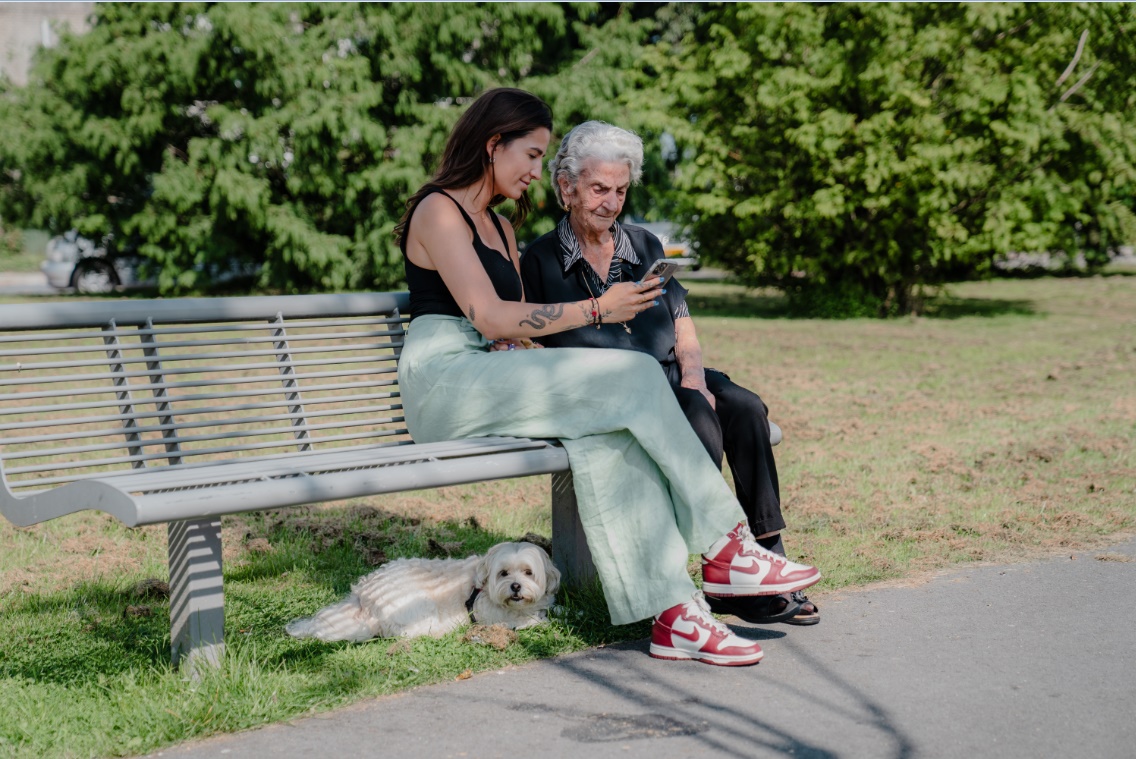Informatie over mantelzorg
Zorgt u voor iemand die voor een lange tijd ziek is of een handicap heeft? Dan bent u mantelzorger. Ook als de zorg als logisch voelt. Zoals de zorg voor uw kind of een zieke ouder.
Onder mantelzorg vallen grote en kleine zorgtaken. Zoals iemand helpen met douchen, boodschappen doen en iemand gezelschap houden. Mantelzorg is vrijwillig, maar u kiest er niet altijd voor. U kunt er niet zomaar mee stoppen.

Hulp voor mantelzorgers
Samen met organisaties in de stad steunt de gemeente mantelzorgers. De meeste mantelzorgers zorgen met liefde voor een ander. Maar het kan ook moeilijk zijn. Lees meer op Begin link: Hulp voor mantelzorgers, einde link. .
Landelijke vereniging MantelzorgNL
Begin externe link: MantelzorgNL(Externe link), einde externe link. is een landelijke vereniging. Deze vereniging steunt mantelzorgers. Op hun website vindt u handige tips. Bijvoorbeeld over geldzaken, wetten en regels, werk en wonen.
Daarnaast organiseert MantelzorgNL regelmatig Begin externe link: webinars voor mantelzorgers(Externe link), einde externe link.. Webinars zijn online bijeenkomsten.
Platform Mantelzorgbelang Den Haag
Deze organisatie praat namens mantelzorgers met de gemeente en andere organisaties. Hun doel is dat mantelzorgers de hulp krijgen die zij nodig hebben. U kunt zich aanmelden voor het Mantelzorgpanel en vertellen wat u belangrijk vindt. Kijk voor meer informatie op Begin externe link: Platform Mantelzorgbelang Den Haag(Externe link), einde externe link..
